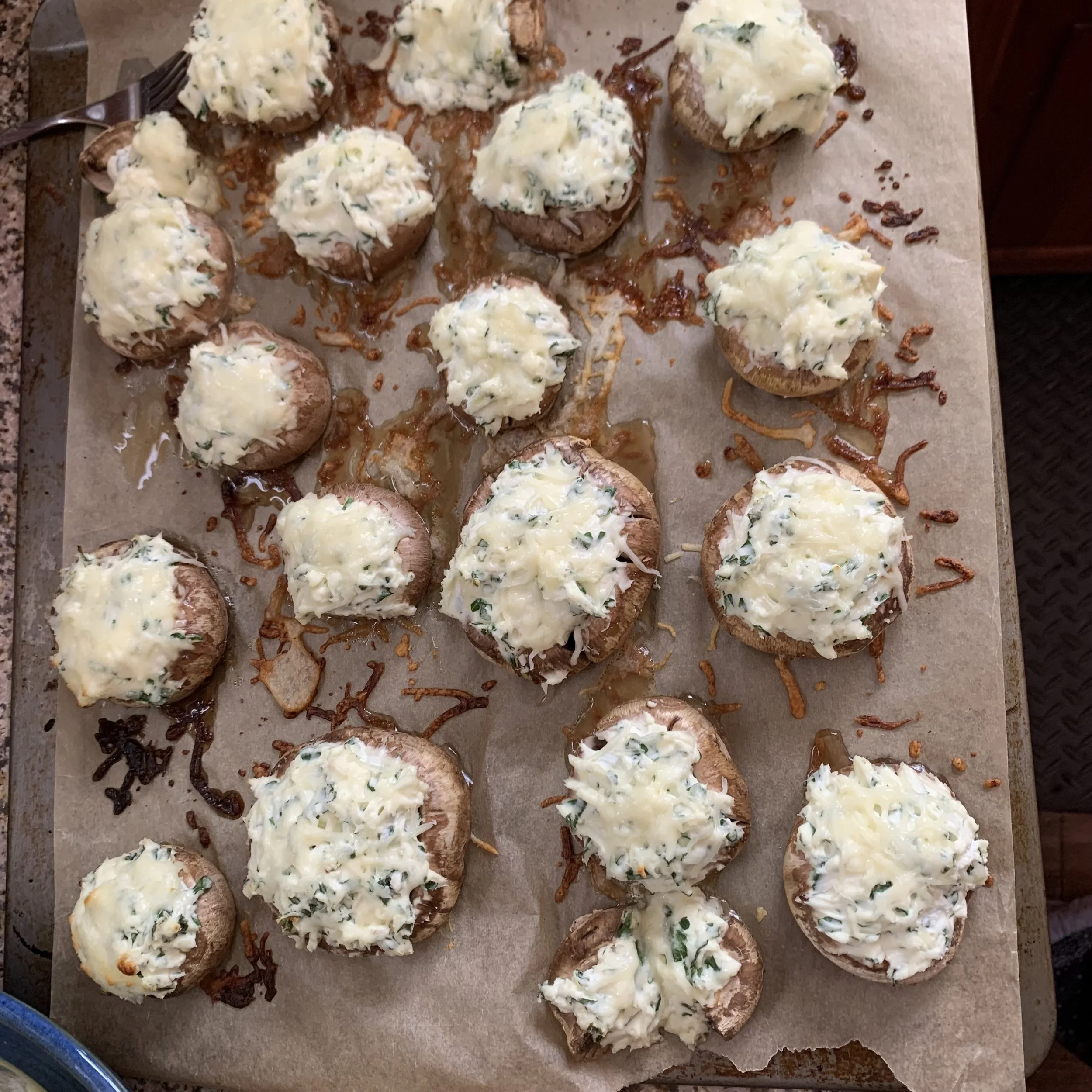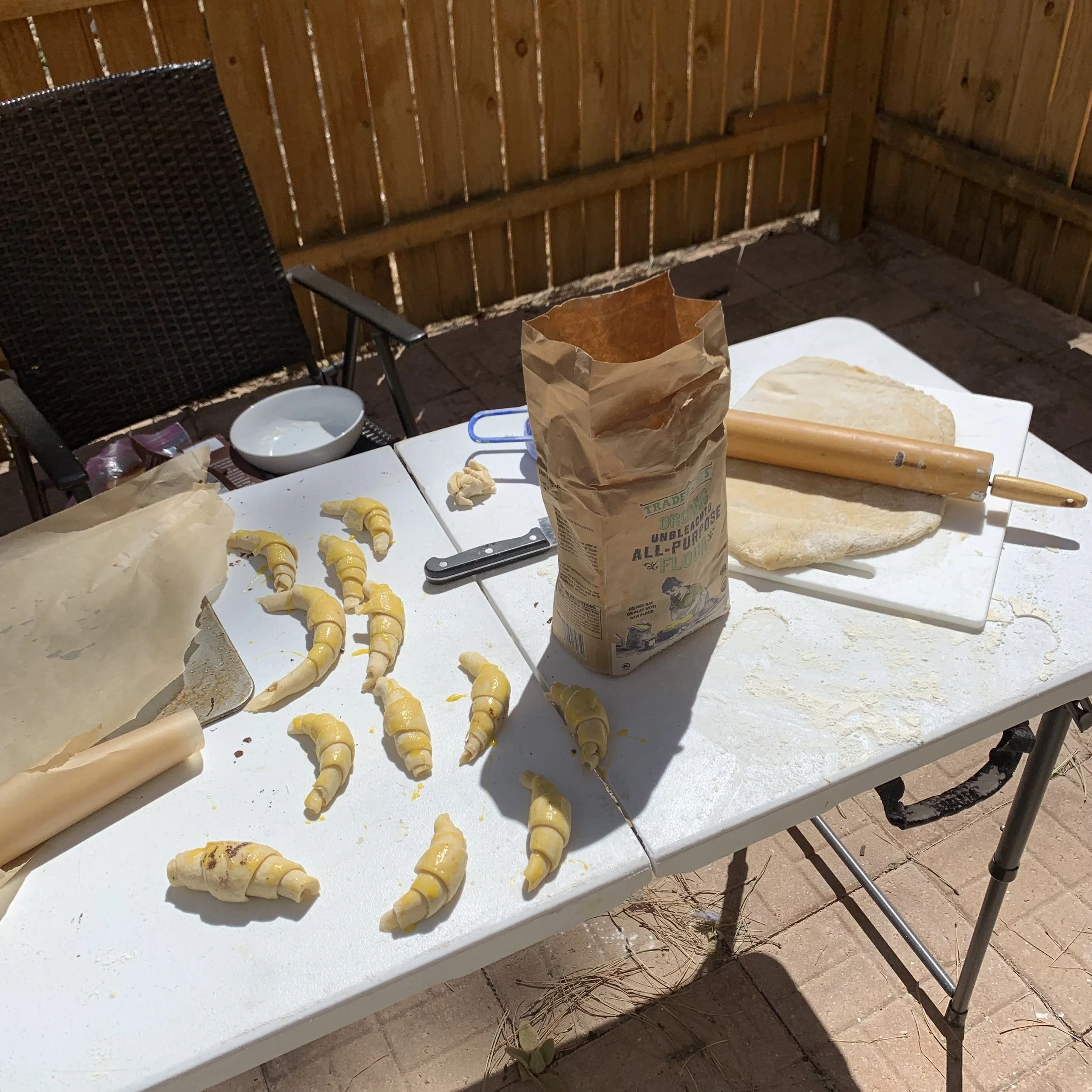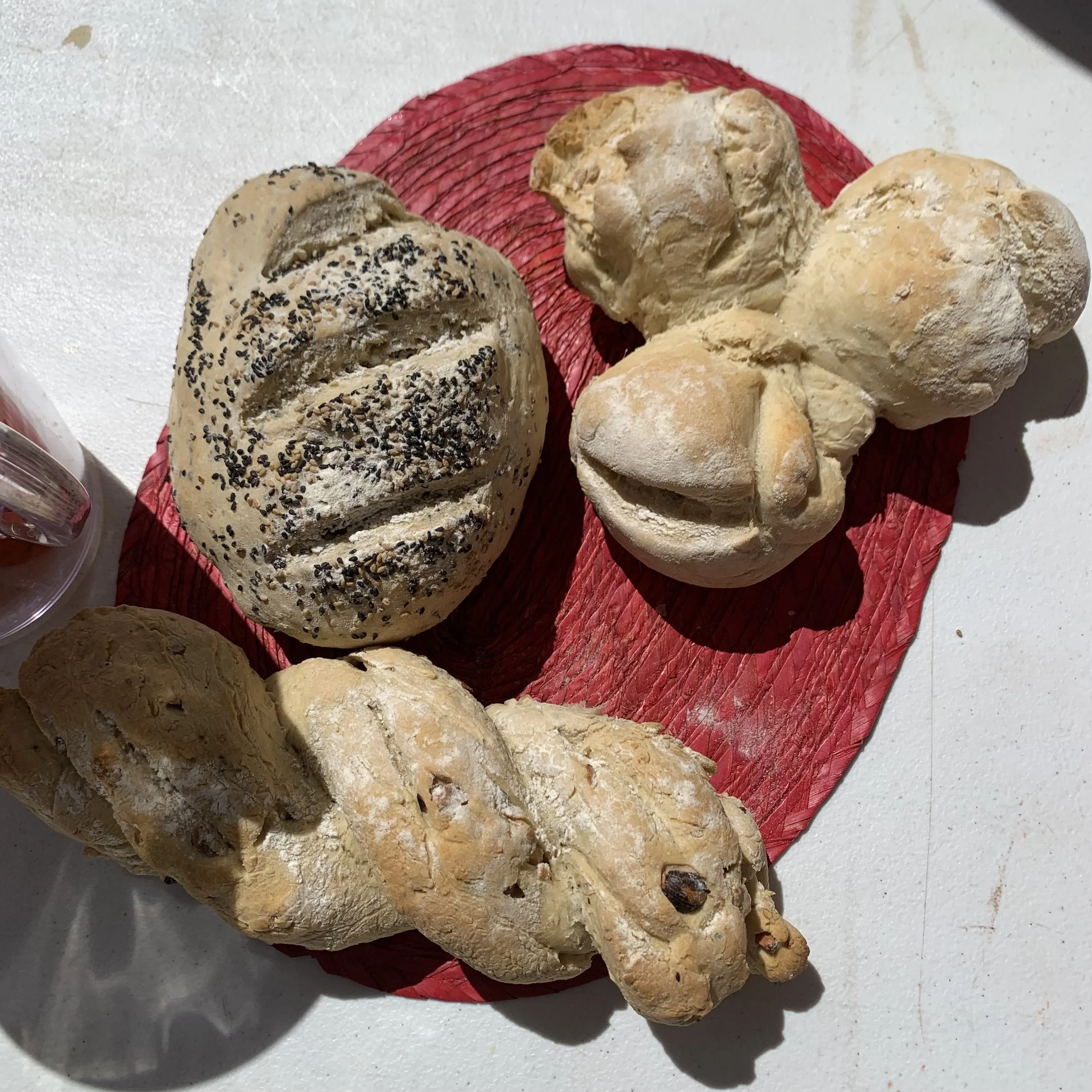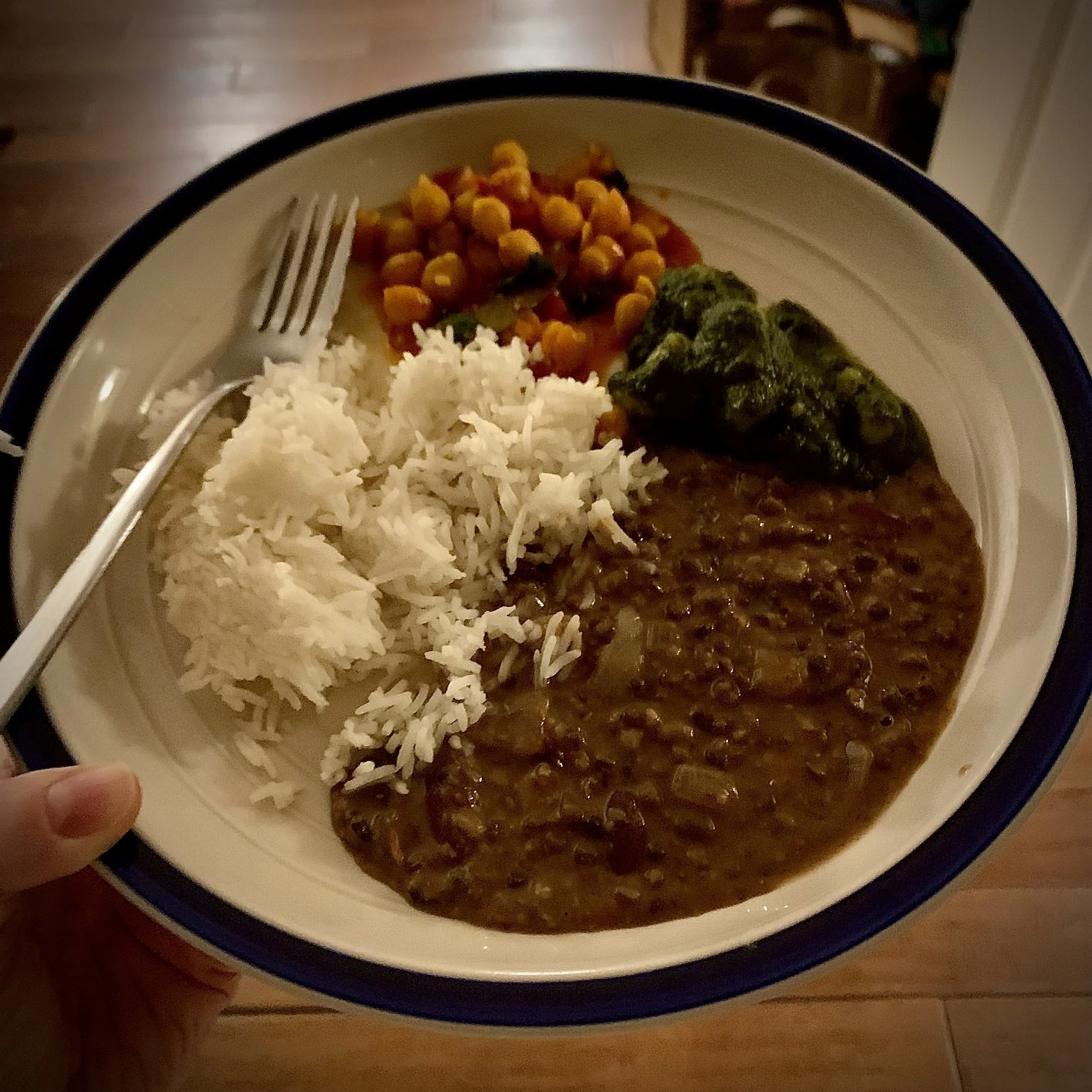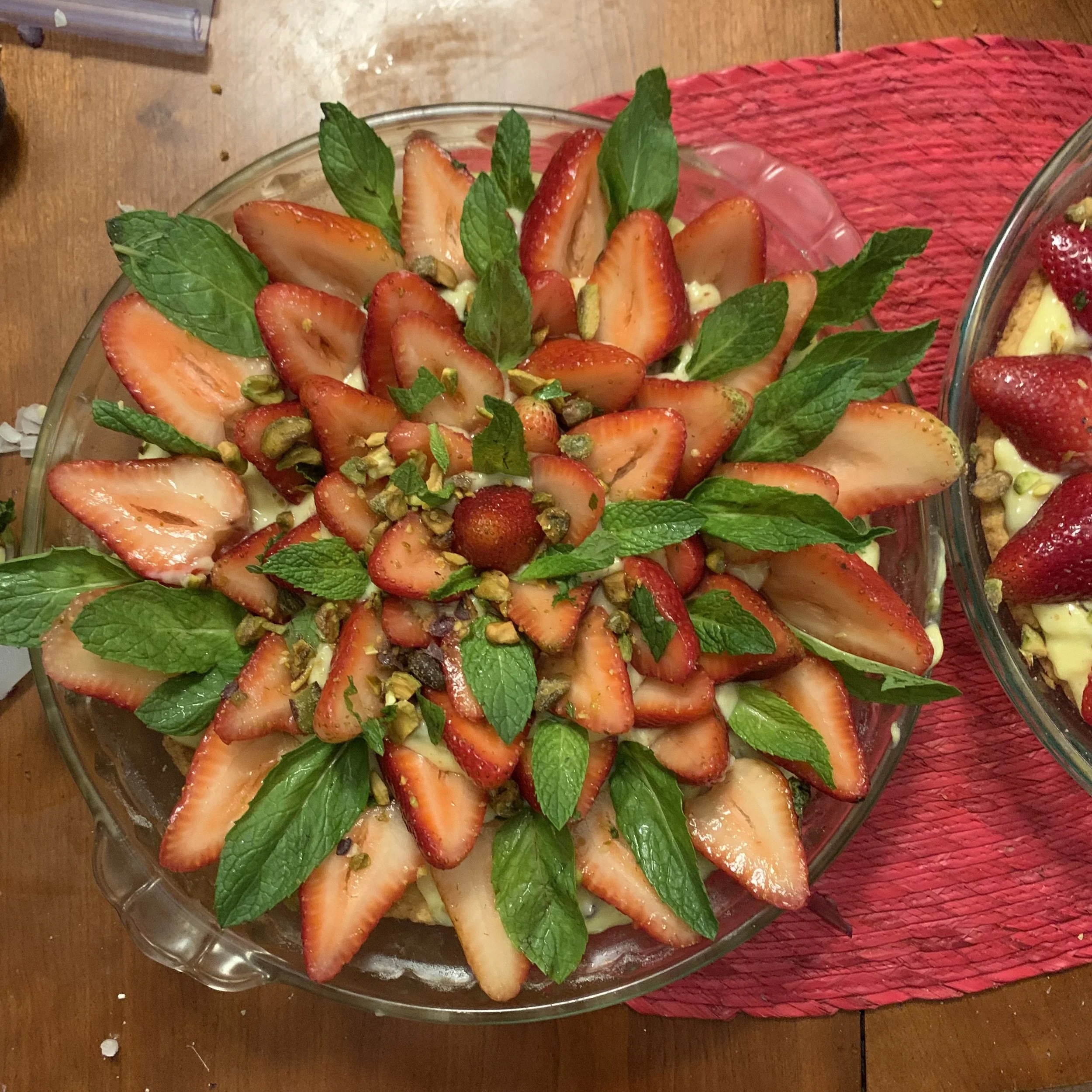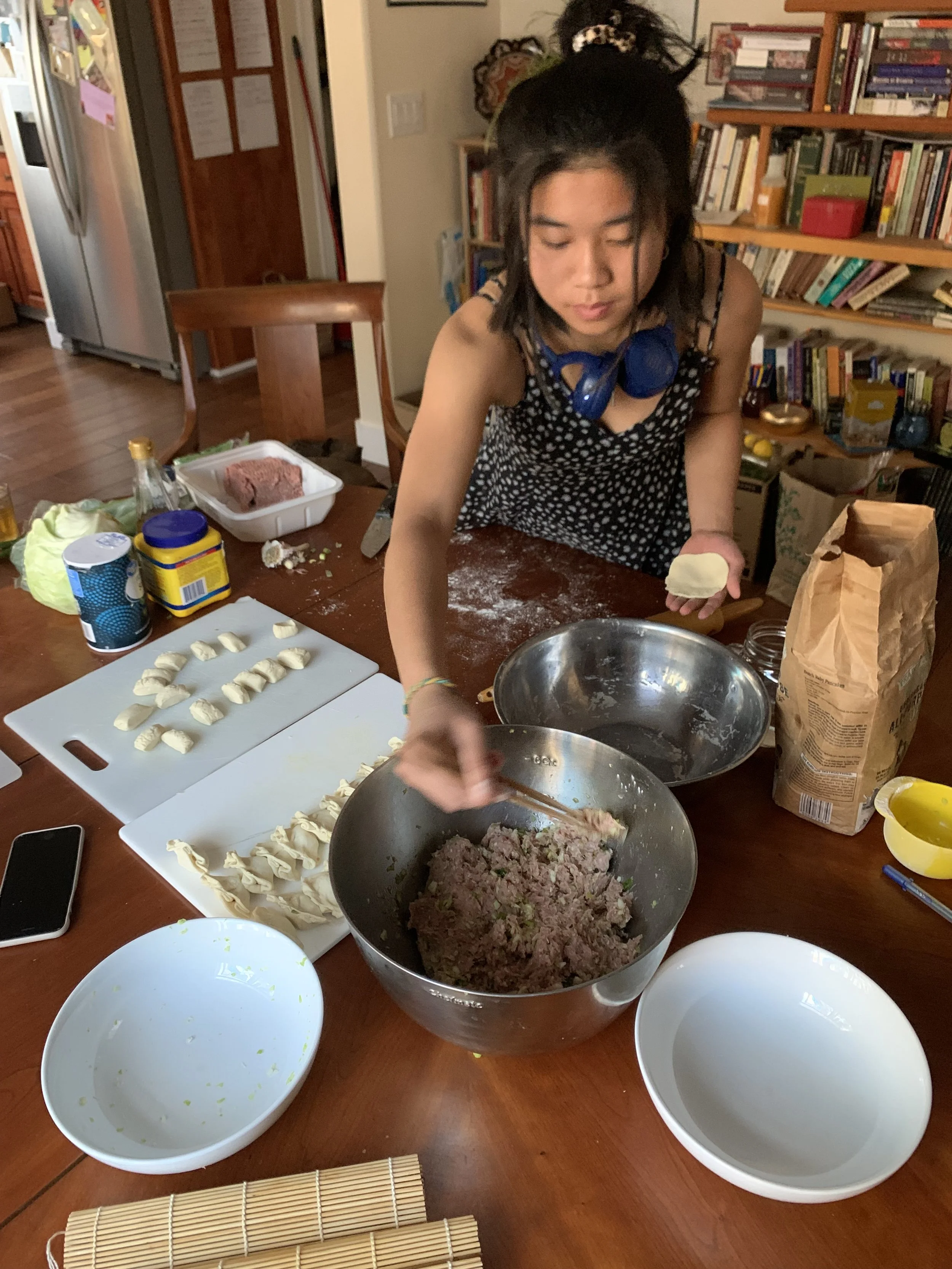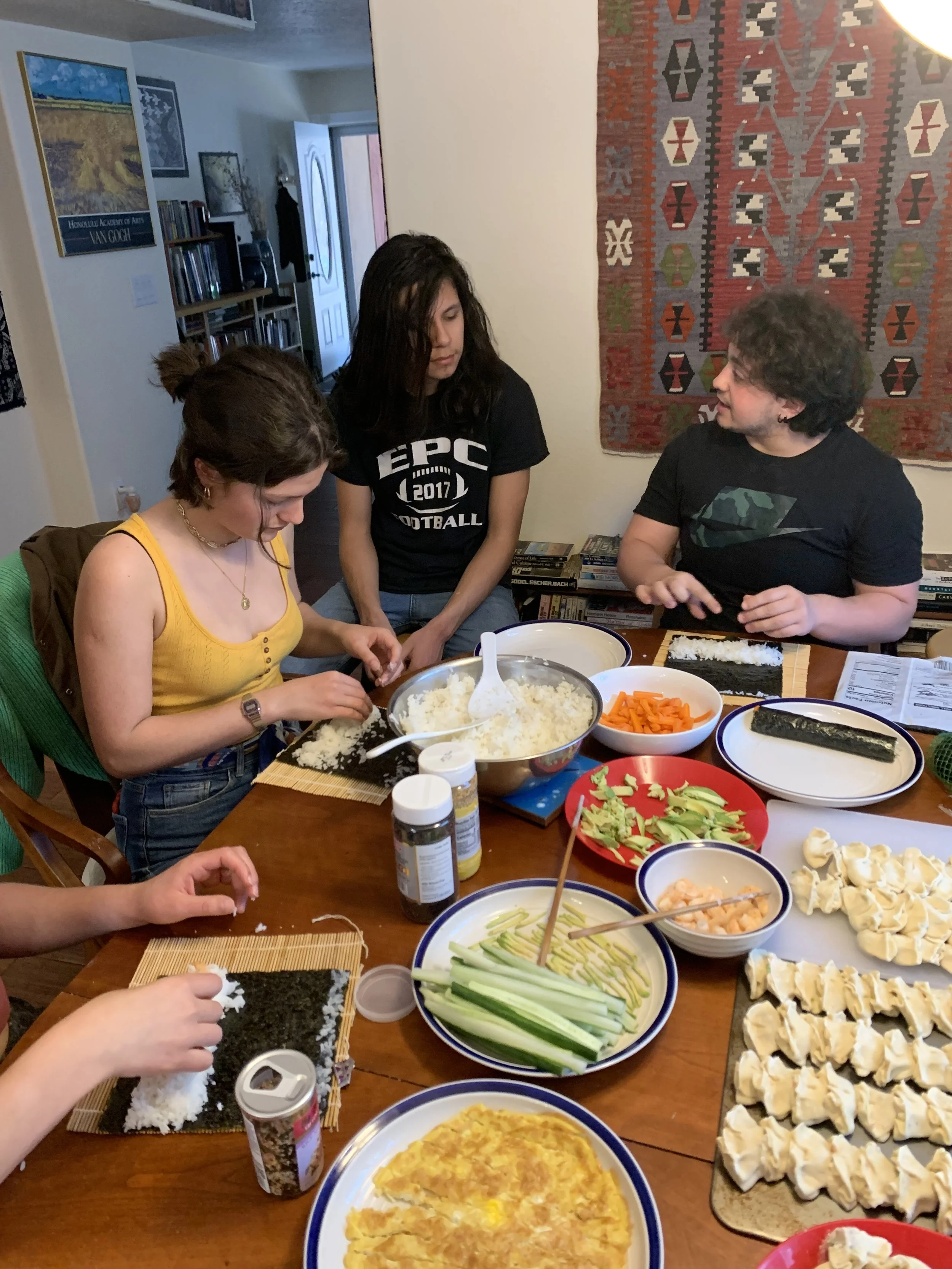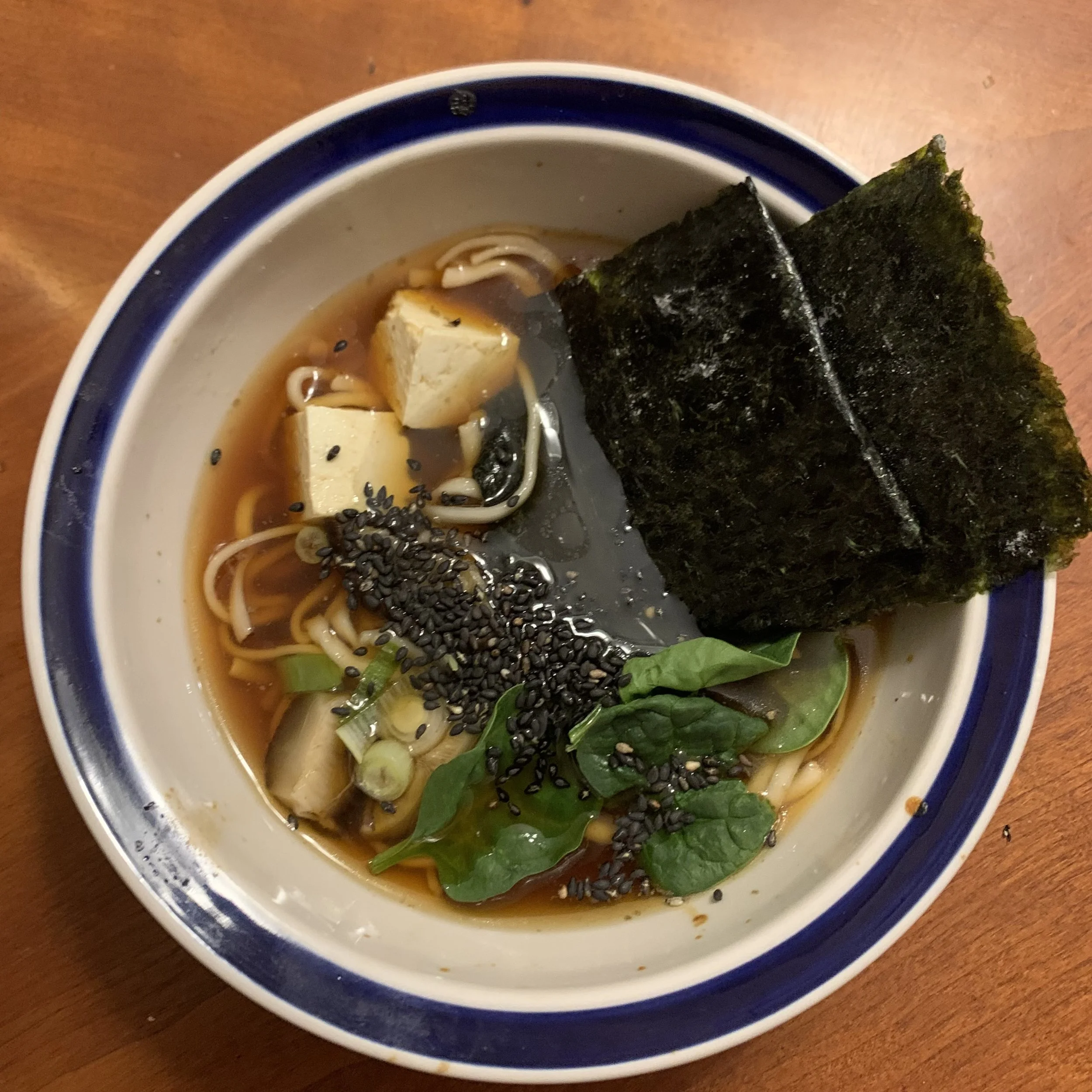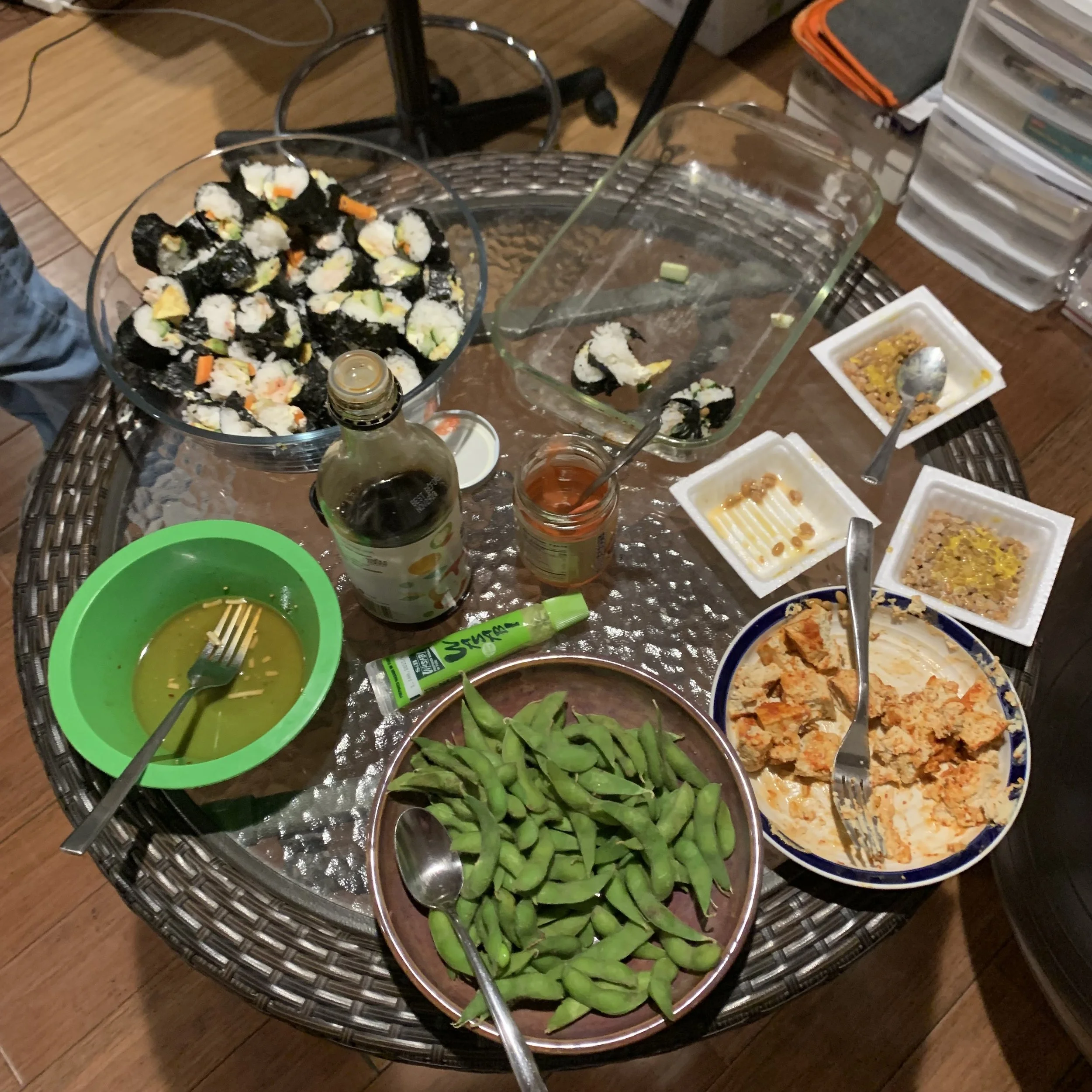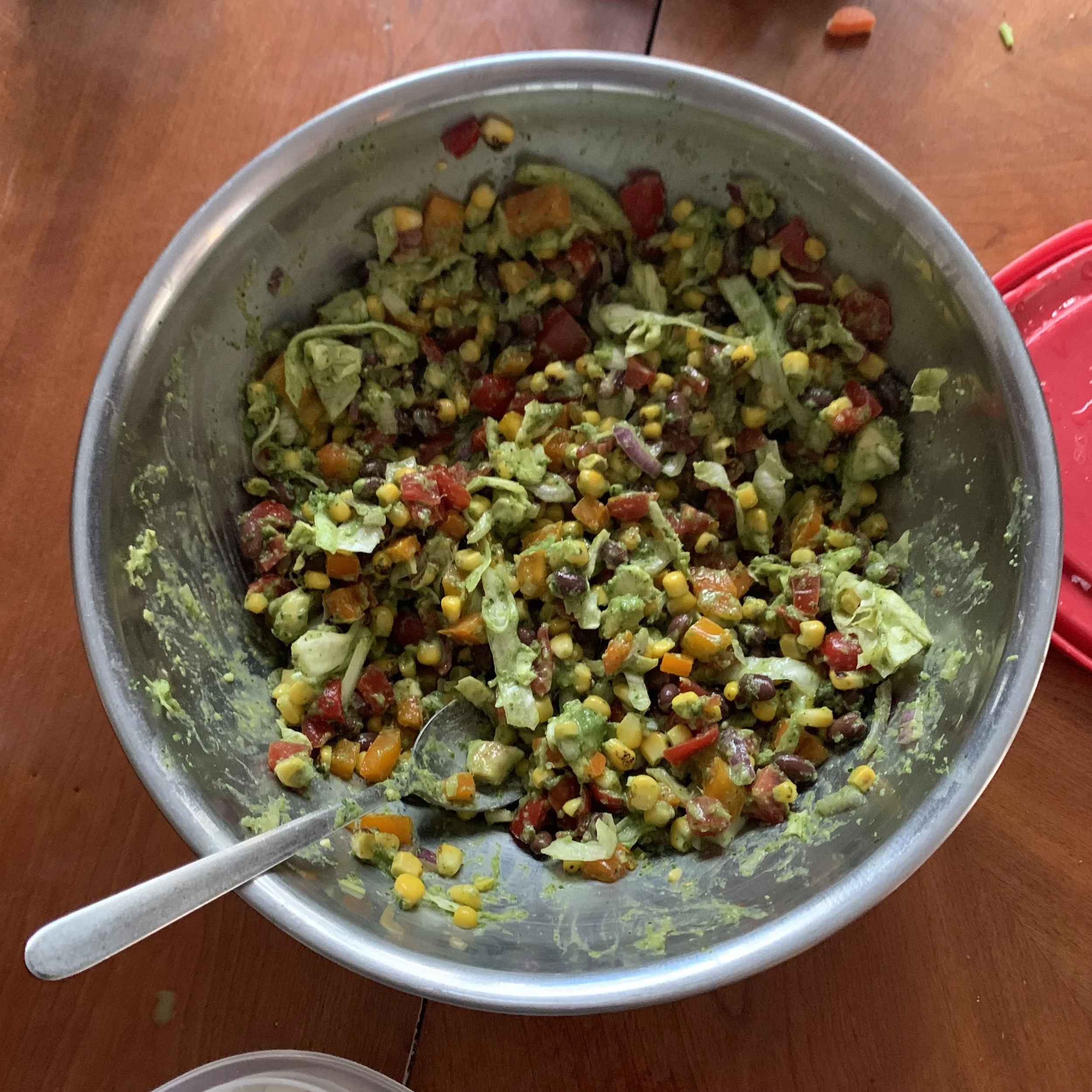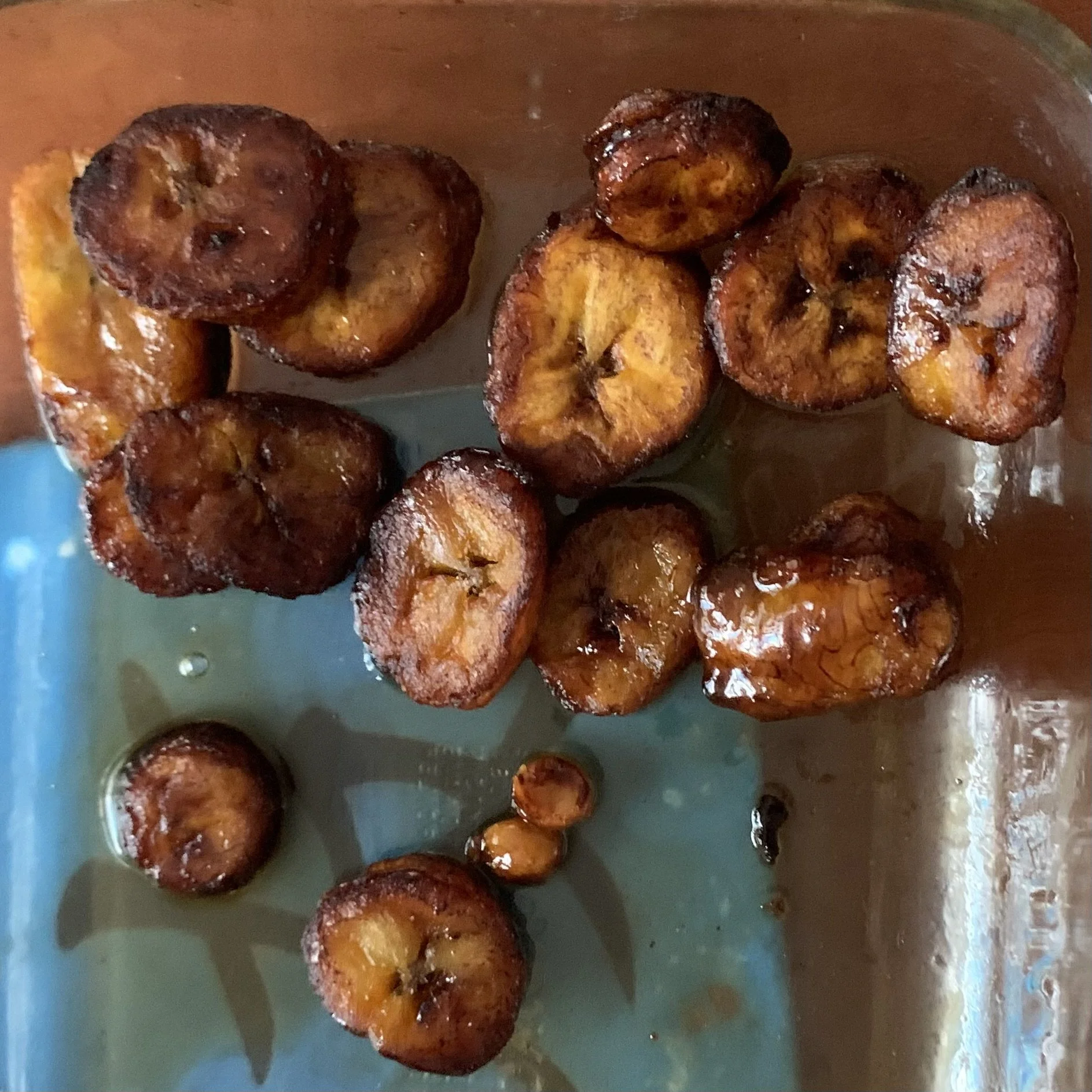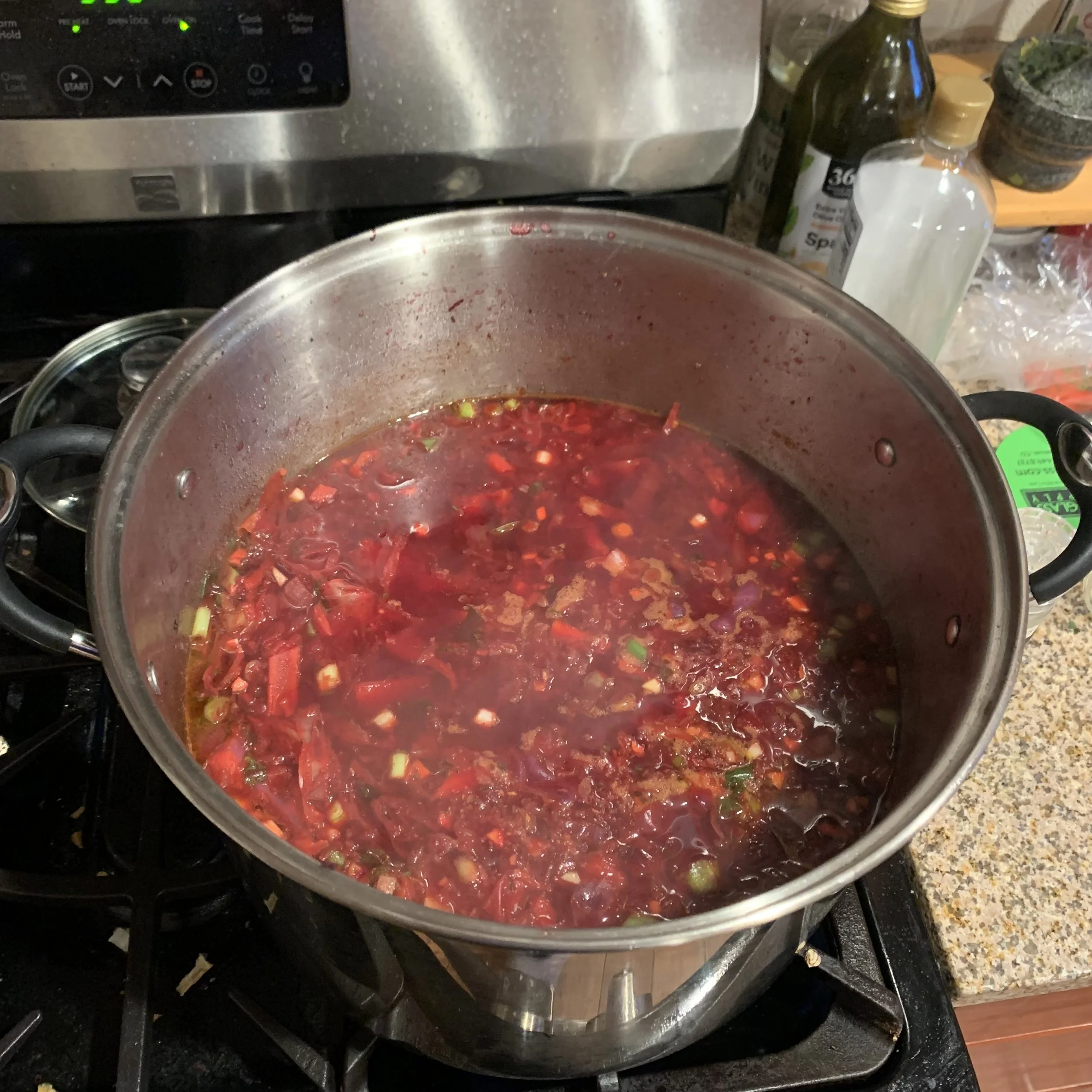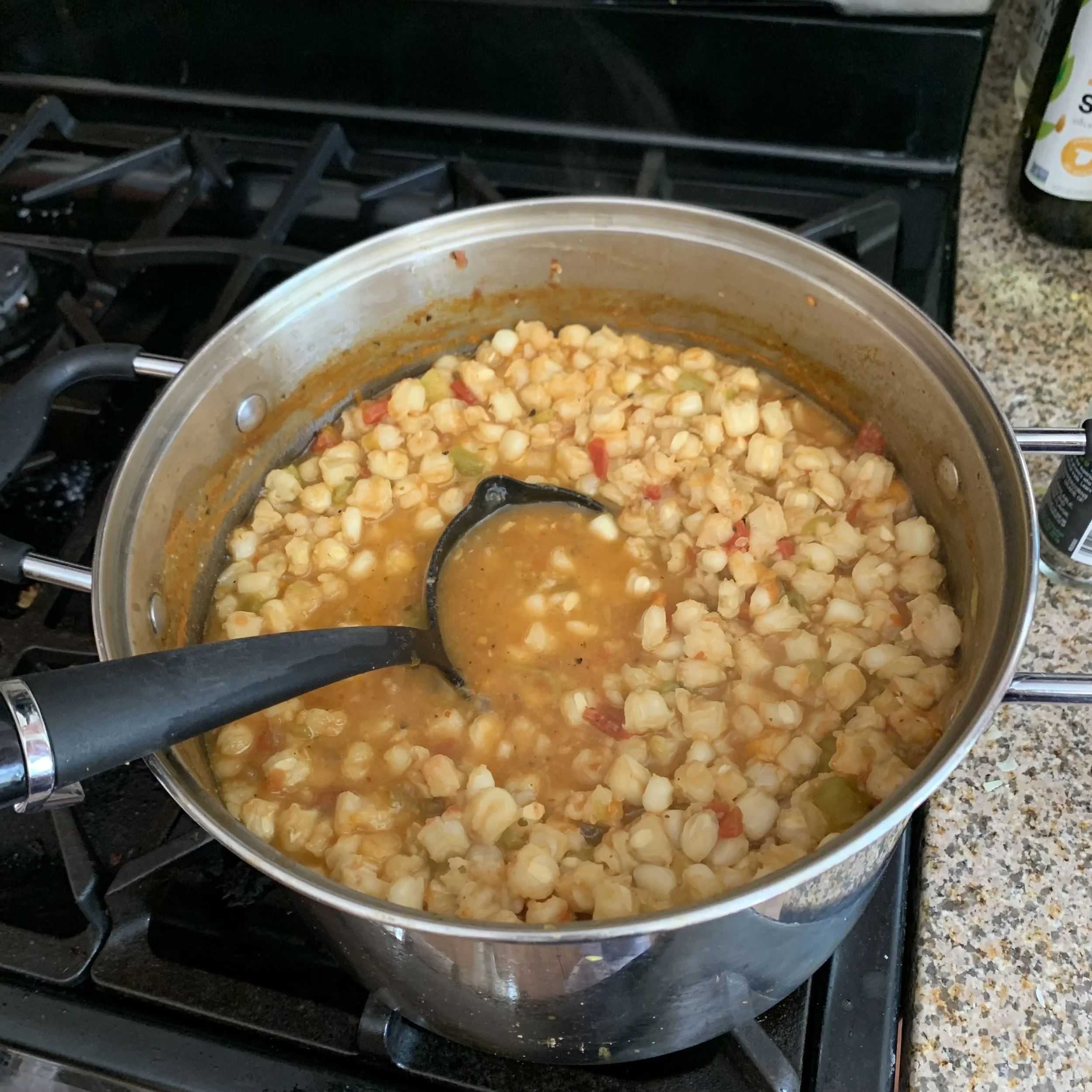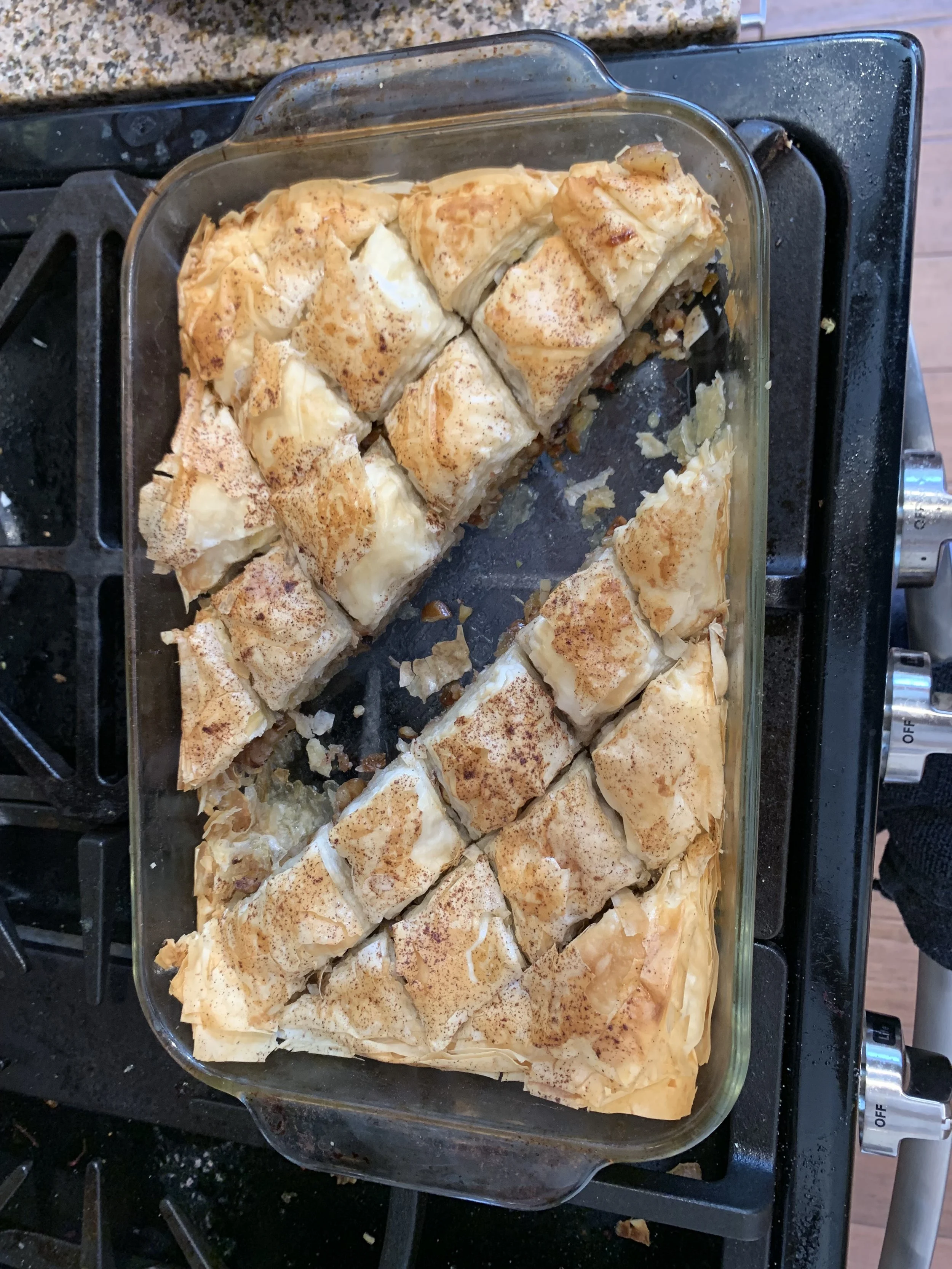Global Culinary Exploration 2022
About the Program
The Global Culinary Exploration program offered a week-long expeditionary learning experience for UWC-USA students that focused on the relationship between food and culture. Students collaborated on presenting culinary traditions from their home regions during the week, and explored the ways that food sustains, defines, and celebrates culture. Cooking and eating together was a primary focus of the experience, along with field trips, reading and reflection, and food-themed film viewings. Discussion content emphasized the significance of the role of global culinary traditions in identity construction, as well as reflections on issues of food scarcity, hunger, global equity, and culinary access. The program also included interviews with professionals in food writing and the restaurant industry, and field trips to several Albuquerque international grocery stores and restaurants in Las Vegas and Santa Fe. Students rounded out the experience with service work in Las Vegas food assistance programs.
Menu
Southeast Asia - Dinner
** Vietnamese Spring Rolls * Thai Green Curry * Thai Lemongrass Soup * Vietnamese Banana Tapioca Dessert * Thai Iced Tea **
France - Brunch
** Stuffed Mushrooms * Stuffed Tomatoes * Artisanal Bread * Crepes * Croissants and Pains au chocolat * Strawberry Pie
North India - Dinner
** Dal Makhani * Chana Masala * Aloo Palak * Peas Pulao * Garlic Naan * Raita * Mango Lassi **
Eastern Europe - Lunch
** Polish Pierogies * Hungarian Honey Mustard Salad **
East Asia - Dinner
** Japanese Sushi Rolls * Japanese Shoyu-Miso Ramen * Hong Kongese Turnip Cake * Japanese Mochi * Chinese Mooncakes * Matcha Tea **
Caribbean - Lunch
** Trinidadian Doubles with Chutney * Fried Plantains * Jamaican Black Bean Salad **
Ukrainian and Russian - Dinner
** Olivye Salad * Borsch * Holubtsi with Tomato Sauce * Chicken Kyiv * Kompot **
New Mexican - Brunch
** Breakfast Burritos with Christmas Chile * Posole **
Mediterranean - Lunch
** Turkish Mercemek Corbasi * Bulgarian Shopska Salad * Bulgarian Banitza * Jordanian Baklava **
Reading List
A History of the World in 6 Glasses by Tom Standage
“Delight of Wine”
Exploration of the history of wine in ancient cultures (mostly Greece and Rome)
“Empires of Tea”
Exploration of the history of tea, history of British imperial tea economics, and the relationship between tea and colonization
“Globalization in a Bottle”
Discussion of Coca-Cola during WWII and in the developing world
World Hunger: Twelve Myths by Lappé, Collins, and Rosset
“Myth 1: There’s Simply Not Enough Food”
Deconstructs the idea that there isn’t enough food to feed the world’s population
“Myth 4: Food vs. Our Environment”
Deconstructs the idea that global food requirements necessitate farming practices that are damaging to the environment.
Diabetes Among the Pima: Stories of Survival by Carolyn Smith-Morris
Ch. 9, “Land and Water”
Discusses the transition of indigenous farming practices pre- to post-colonization and the cultural changes that have impacted food access and values on the Pima culture (in current-day Northern Mexico and Arizona)
Food and Culture: A Reader (Ed. Carol Counihan and Penny Van Esterik)
Ch. 6, “The Nourishing Arts”
Discusses the role of women and gender issues in French cooking traditions
Ch. 8, “Time, Sugar, and Sweetness”
Discusses the history of sugar cane and colonization in the Caribbean
Ch. 13, “Feeding Hard Bodies: Food and Masculinities in Men’s Fitness Magazines”
Discusses the relationship between food and masculinity tropes
Ch. 20, “Let’s Cook Thai: Recipes for Colonialism”
Explores the relationships (positive and problematic) between western foodie culture and indigenous culinary traditions
Stolen Harvest: The Hijacking of the Global Food Supply by Vandana Shiva
Ch. 1, “The Hijacking of the Global Food Supply”
Explores issues of colonialism and neoliberalism in global food systems
Ch. 3, “The Stolen Harvest Under the Sea”
Discusses the environmental and economic challenges of the industrial fishing industries
Ch. 5 “The Stolen Harvest of Seed”
Discusses neoliberal practices of seed patents by companies like Monsanto, and the impact on small farmers and indigenous communities

